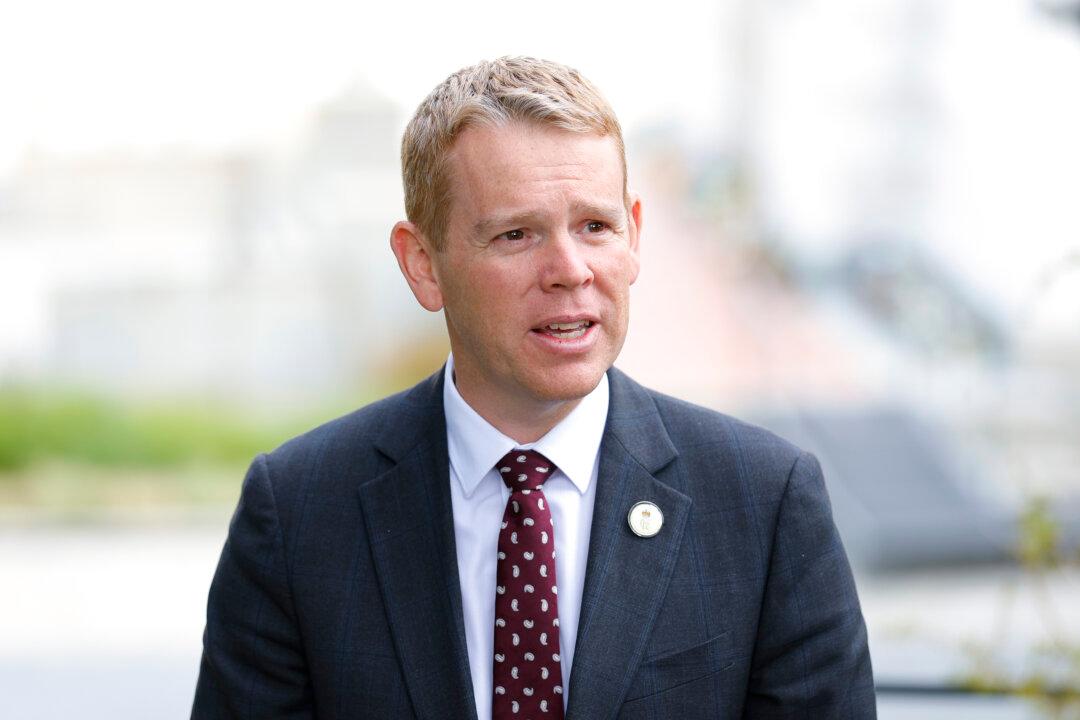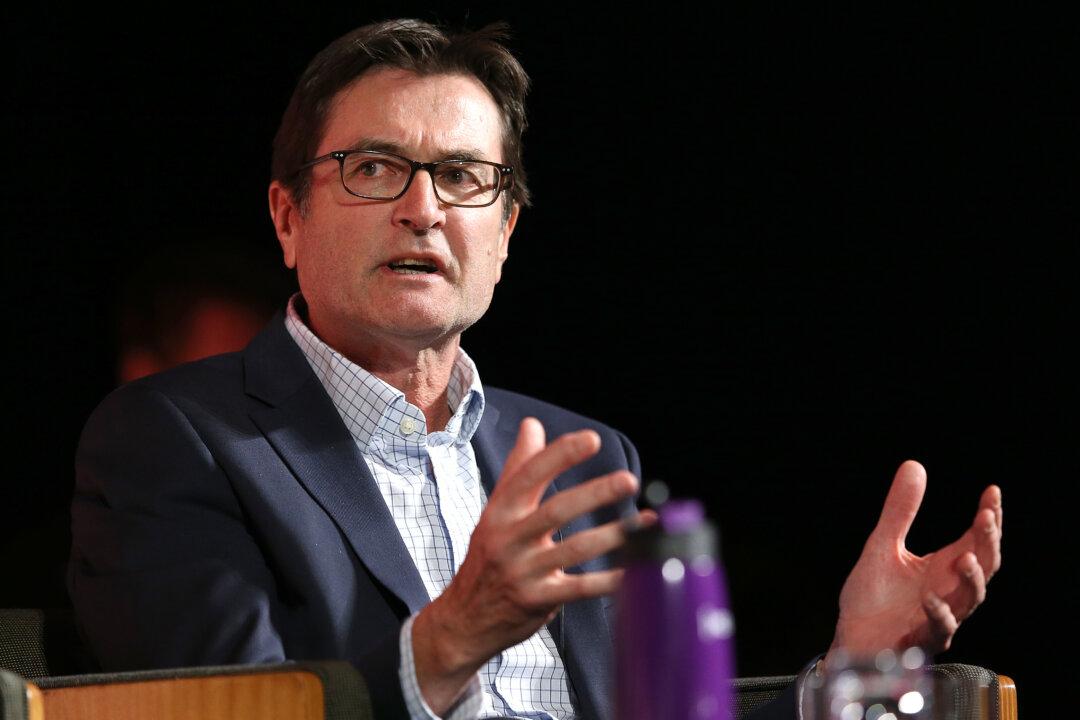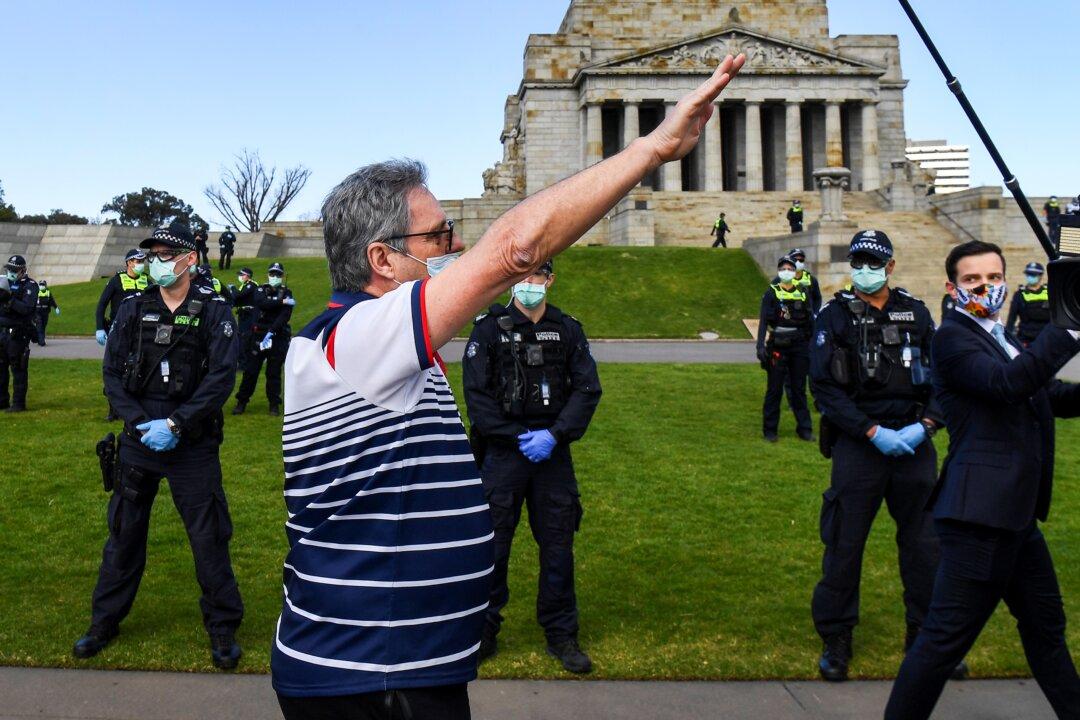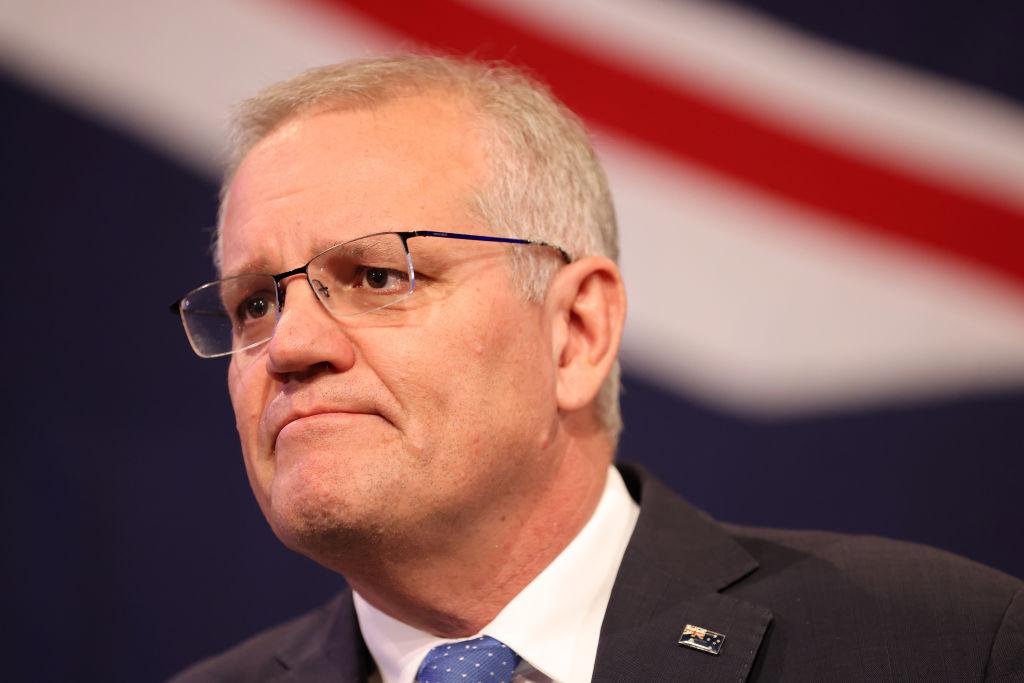New Zealand’s Labour Party will push diplomatic efforts to formally recognise Palestine if re-elected this year.
The Labour Manifesto 2023, published on Oct. 1, states that if re-elected, the party will “invite the Head of the General Delegation of Palestine to present their credentials as an Ambassador to New Zealand.”





